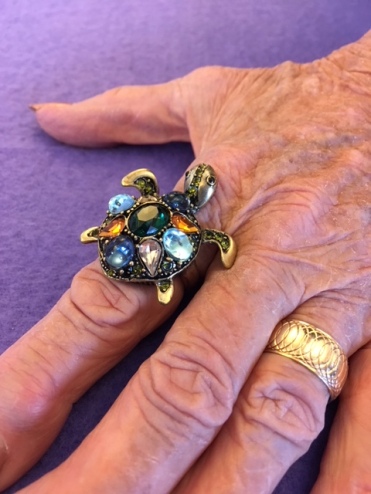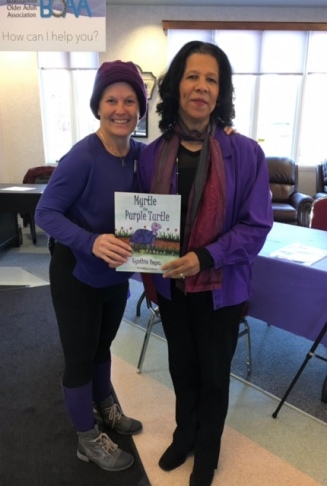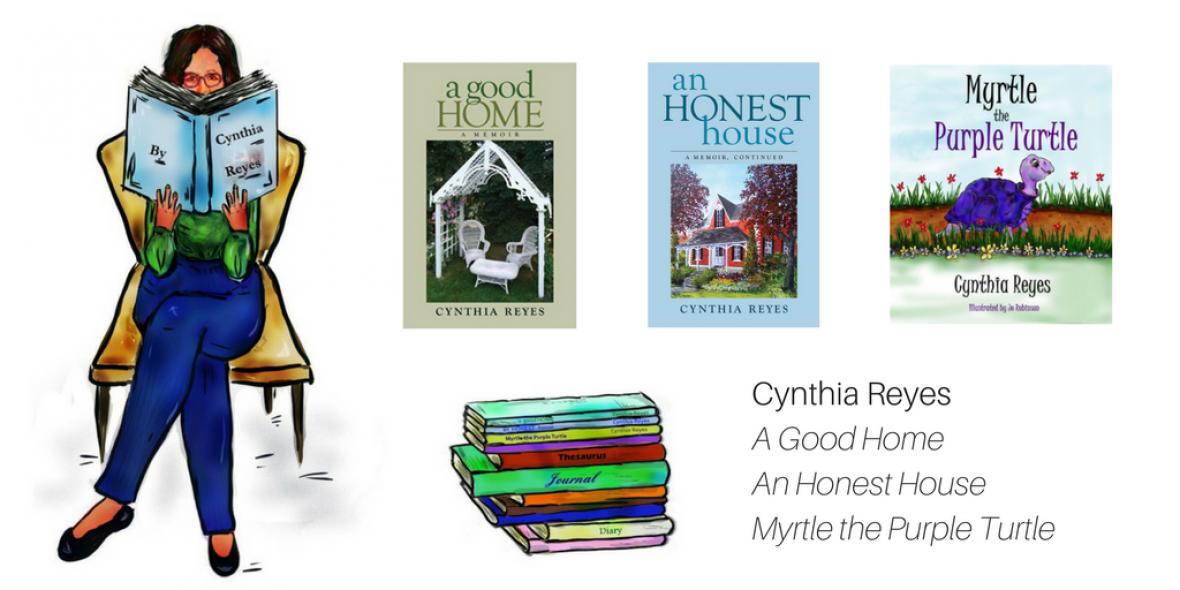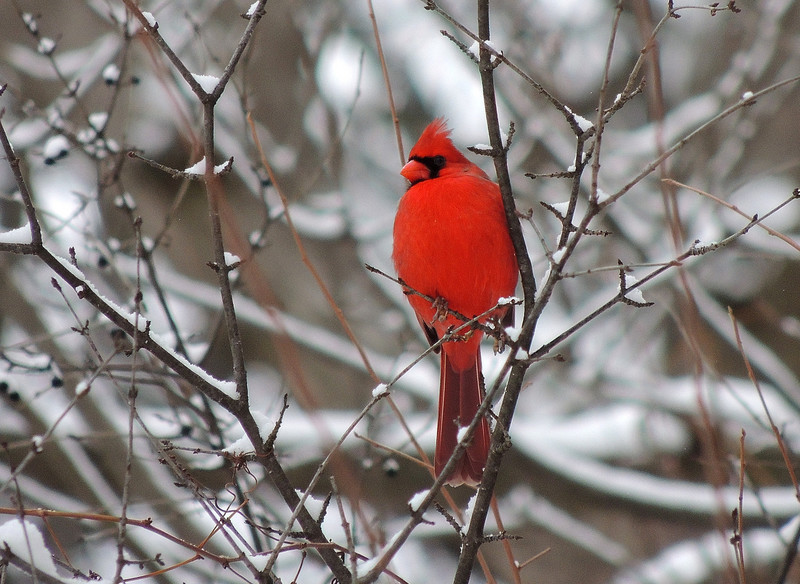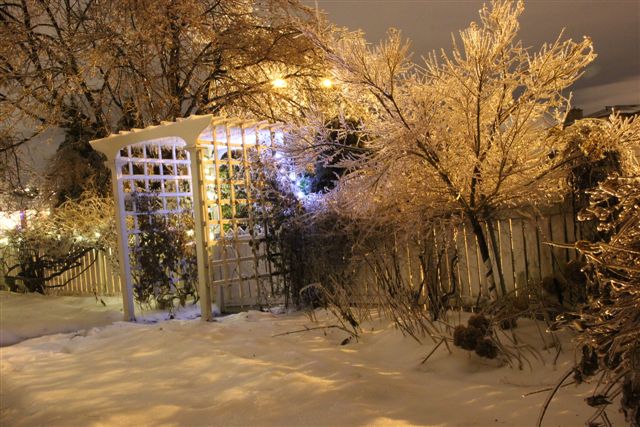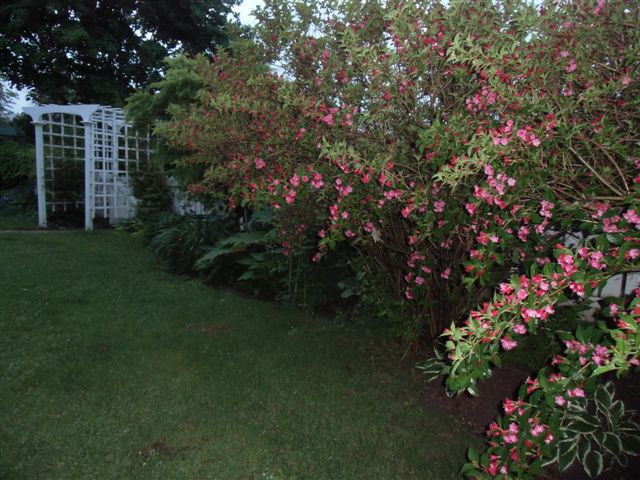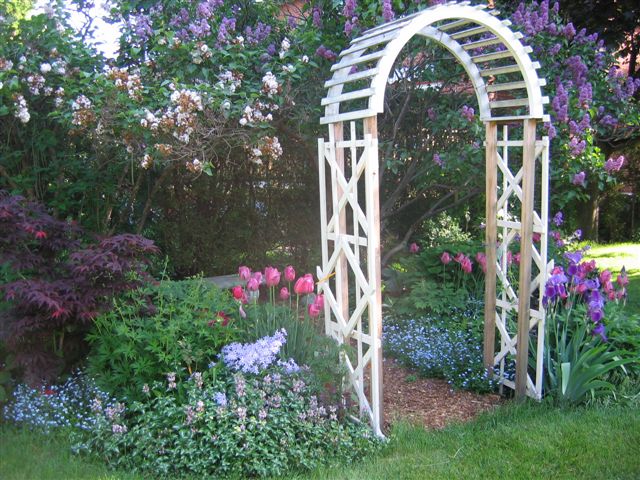Can you imagine smiling politely as someone insults you and the people you love most in the world?
I recently met a man who came to our home to repair an appliance. His work completed, we got to talking about ethnic food. He asked me: “What do you think my background is?”
I stared at him, his European ancestry evident in his face, skin colour, hair texture. But he wouldn’t have asked that question unless he had been born somewhere outside Europe, I reasoned.
“Maltese,” I said, picking the first place that came into my mind.
“No,” he replied.
I was still staring at his face.
“I give up,” I finally said.
“I’m Canadian Indian,” he said.
“Seriously?” I asked. I know that indigenous people come in a variety of shapes and shades, but still….
“You must be mixed with a lot of European blood, then?”
“No, only a little,” he said. “My grandfather on my father’s side was half German. I look a lot like him. But all my brothers and siblings look completely indigenous, with darker skin and black hair.”
I smiled knowingly now. “My extended family is kinda like that,” I said. “Our family’s racial mix seems to disappear for a generation or two, then it pops up and a child will resemble an ancestor two or three generations back. Funny how that happens, eh?”
We chatted for a while longer. But after he left, one thing he said stayed on my mind. Because everyone he meets assumes he’s caucasian, he sometimes hears people talk about indigenous people in disparaging terms.
“That’s my people they’re talking about,” he remarked, sad and matter-of-fact at the same time. “That’s me they’re talking about in that way.”
~~
Our conversation reminded me that when we meet someone, we never quite know who we’re talking to. Below the waterline, beneath the obvious, lie differences that we can’t see.
If you met some members of my own family, you wouldn’t know their racial mix either.
And if you met me, you wouldn’t immediately realize that as a consequence of my car accident, I struggle with a head injury, post-traumatic stress disorder, and the depression that accompanies those challenges. Yes, mental disability.
I have Muslim friends who are rarely recognized as such because Muslims are seen as brown-skinned, and primarily from the Middle East or India/Pakistan. I have Jewish friends who don’t fit someone else’s idea of what a Jew should look or behave like.

I have deeply religious friends who have heard others disparage their belief in God, and atheist friends who are disdained for not believing in God.
And until quite recently in Canada, it was often acceptable to talk about gays, lesbians and transgender persons in very negative terms. In some quarters, it still is.
These are just a few of the many invisible differences that exist among the people we know. Differences that are sometimes disparaged, even rejected.
~~
The talk with the appliance repairman left me thinking about the potent mix of emotions a person feels when they are accepted as “one of us”, knowing that if their true identity were known, they’d likely be rejected, as would the people they love.
What must it feel like to be allowed ‘a pass’ because of the way you look, but to hear people, over and over, deride a group to which you belong?
My visitor described his experiences without self-pity, without anger.
I didn’t ask him: are you glad at times that you don’t look Aboriginal? Doesn’t it gain you entry to places where your real identity would deny you access? But perhaps I didn’t ask because I already have a sense of such things — my own background being what it is.
And not for the first time, I wondered: is this the kind of adversity that is supposed to make a person stronger? Or does its effect simmer quietly out of sight, corroding one’s soul?





 Then Dolly (below) showed up in her purple wig and had me beat.
Then Dolly (below) showed up in her purple wig and had me beat.







